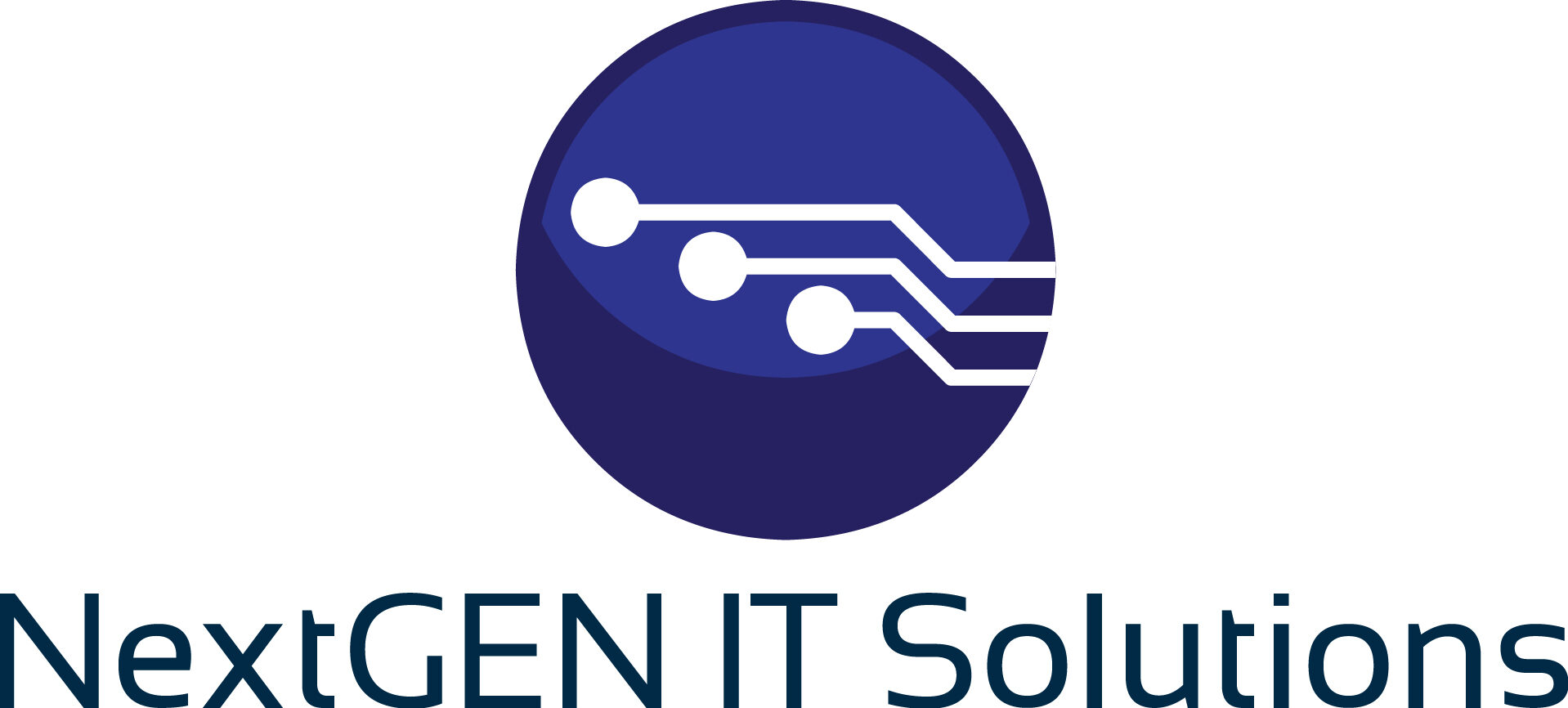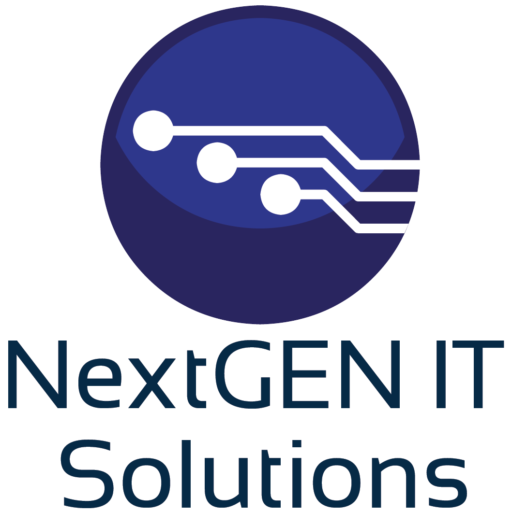Remote Work Tech Solutions: Tools and Strategies for Success

In the evolving landscape of the modern workplace, remote work has transitioned from a mere trend to a fundamental aspect of many businesses, including IT service providers like NextGEN IT Solutions. The shift to remote work brings unique challenges, particularly in terms of technology and communication. However, with the right tools and strategies, companies can overcome these challenges, fostering a productive, efficient, and connected remote workforce.
Understanding the Need for Remote Work Technology
The first step in implementing successful remote work technology solutions is understanding the specific needs of your organization and its employees. For a company like NextGEN IT Solutions, which specializes in a range of IT services, the requirements can be quite diverse. Key considerations include:
- Communication Needs: Ensuring seamless, real-time communication among team members.
- Data Security: Protecting sensitive information while accessing it remotely.
- Collaboration: Facilitating effective collaboration on projects and tasks.
- Resource Accessibility: Providing easy access to necessary resources and tools.
Essential Remote Work Tools
1. Communication Platforms
- VoIP Solutions: As a VoIP provider, NextGEN IT Solutions understands the importance of reliable voice communication. VoIP platforms offer flexibility and a range of features like call forwarding, voicemail-to-email, and conference calling.
- Instant Messaging and Video Conferencing: Tools like Microsoft Teams or Slack are essential for instant communication. For video conferencing, platforms like Zoom or Google Meet are popular choices, offering features like screen sharing and virtual backgrounds.
2. Collaboration and Project Management Tools
- Microsoft Teams and SharePoint: These tools, part of the Microsoft Partner ecosystem, are excellent for document sharing and collaboration.
- Project Management Software: Tools like Asana, Trello, or Jira help in tracking projects, assigning tasks, and managing deadlines.
3. Secure Cloud Storage and Backup Solutions
- Cloud Providers: Leveraging cloud storage solutions for remote file access and collaboration is critical. Platforms like Microsoft Azure or AWS offer robust options.
- Backup Solutions: Regular backups of critical data are essential. Automated backup solutions ensure data is not lost and can be quickly recovered.
4. Cybersecurity Tools
- VPN Services: A Virtual Private Network (VPN) is crucial for secure remote access to company networks.
- DNS Filtering: This adds an extra layer of security by blocking malicious websites and content.
- Antivirus and Anti-malware Software: Protecting devices from viruses and malware is a basic yet vital requirement.
5. Implementing Remote Work Strategies1. Structured Remote Work Policies
- Clear Guidelines: Establishing clear remote work policies, including work hours, communication norms, and data security protocols.
- Training and Support: Providing training for remote work tools and ongoing IT support to address technical issues promptly.
6. Maintaining Communication and Collaboration
- Regular Meetings: Scheduling regular team meetings and one-on-one check-ins to maintain communication.
- Collaborative Platforms: Utilizing collaborative platforms for brainstorming, project management, and document sharing.
7. Data Security and Compliance
- Secure Access: Implementing secure access controls, such as multi-factor authentication and secure VPN connections.
- Regular Audits: Conducting regular security audits and updates to ensure the integrity of remote work systems.
8. Performance Monitoring and Feedback
- Monitoring Tools: Using software to track progress and productivity.
- Feedback Mechanism: Establishing a system for feedback and continuous improvement.
9. Challenges and Solutions in Remote Work1. Technical Challenges
- Solution: Having a dedicated IT support team, like NextGEN IT Solutions, to address technical issues swiftly.
10. Communication Barriers
- Solution: Using effective communication tools and establishing clear communication protocols.
11. Data Security Concerns
- Solution: Implementing robust cybersecurity measures and regular training on security best practices.
12. Collaboration Difficulties
- Solution: Leveraging collaborative tools and encouraging a culture of open communication.
Embracing remote work technology is not just about adopting new tools; it’s about adapting to a new way of working. For IT companies like NextGEN IT Solutions, it’s an opportunity to showcase expertise in creating seamless, secure, and efficient remote work environments. By carefully selecting tools, implementing effective strategies, and addressing challenges head-on, businesses can thrive in the remote work era, ensuring productivity, security, and
collaboration regardless of physical location.
Best Practices for Remote Work
1. Regular Training and Upgradation
- Importance: Keeping teams updated with the latest technology trends and training them on new tools and software.
- Benefit: Ensures the workforce is not only tech-savvy but also adaptable to evolving technological landscapes.
2. Encouraging Work-Life Balance
- Strategies: Encouraging employees to maintain a healthy work-life balance, which is crucial in a remote setting.
- Outcome: Leads to increased productivity, reduced burnout, and overall job satisfaction.
3. Building a Strong Company Culture
- Approach: Fostering a strong, inclusive company culture that transcends physical boundaries.
- Result: Creates a sense of belonging and loyalty among employees, enhancing teamwork and collaboration.
The Future of Remote Work
As we look to the future, remote work is likely to become more integrated into business models. Technologies such as AI, machine learning, and advanced cybersecurity measures will play a pivotal role in shaping the remote work landscape. Companies like NextGEN IT Solutions are positioned at the forefront of this evolution, offering a range of services from cloud solutions to DNS filtering, all of which are integral to a robust remote work infrastructure.
Case Studies: Success Stories
To illustrate the effectiveness of these tools and strategies, consider a few case studies:
- A client of NextGEN IT Solutions successfully transitioned to a fully remote setup, utilizing cloud storage, VoIP, and collaborative tools to maintain productivity and communication.
- Another example involves a company that faced cybersecurity challenges while working remotely. With the expertise of NextGEN IT Solutions, they implemented DNS filtering and robust antivirus solutions, significantly reducing security threats.
Tips for Effective Remote Work
- Set Clear Expectations: Clearly define roles, responsibilities, and expectations for remote workers.
- Encourage Regular Breaks: Promote taking short breaks to avoid burnout and maintain productivity.
- Invest in Quality Hardware: Ensure employees have access to high-quality hardware and ergonomic office equipment.
- Foster Open Communication: Encourage employees to share their ideas and feedback regularly.
The shift to remote work is more than a trend; it’s a transformation in how we work and operate in the digital age. By leveraging the right technology and implementing effective strategies, companies like NextGEN IT Solutions can lead the way in creating successful, sustainable remote work environments. The key lies in understanding the unique challenges and opportunities that remote work presents and adapting to these in a way that benefits both the company and its employees.
In summary, remote work technology solutions are not just about connectivity and productivity; they’re about creating an environment where employees can thrive, collaborate, and contribute to their organization’s success, regardless of where they are physically located. With the right tools, strategies, and mindset, the possibilities are limitless.
This blog post has been brought to you by NextGEN IT Solutions, your partner in navigating the complexities of remote work technology.
For more information, visit our website at NextGEN IT Solutions or contact us at 724-204-1950.



